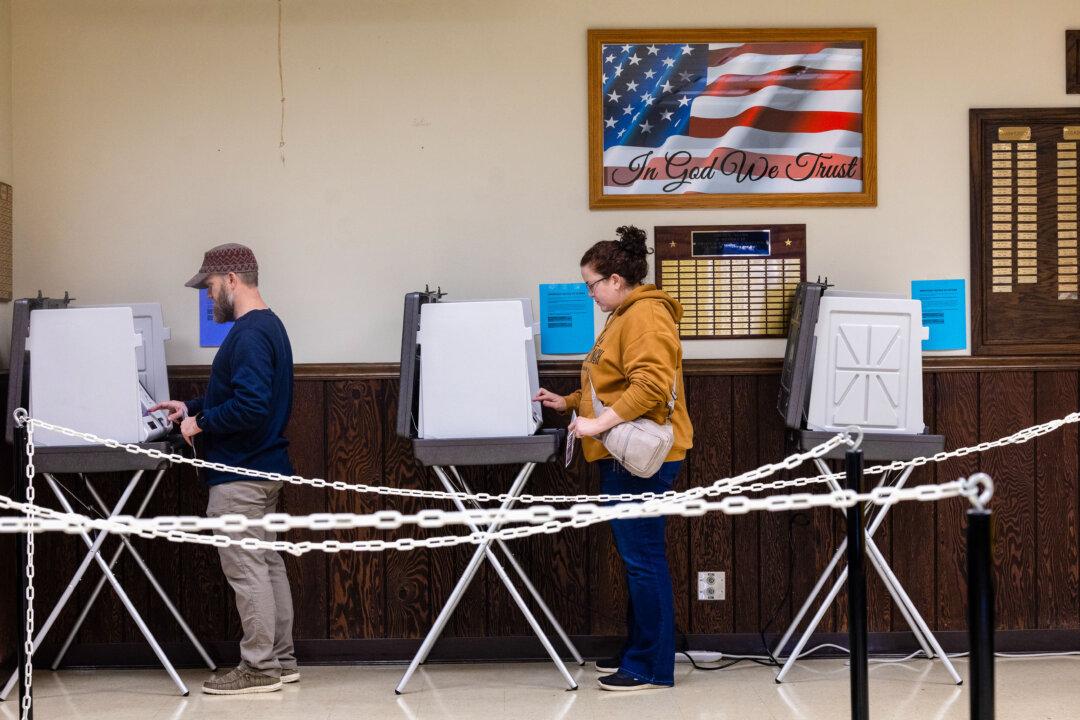Wisconsin Republicans will meet to cast the state’s Electoral College votes for President-elect Donald Trump on Tuesday, in accordance with federal law, after a federal judge dismissed a lawsuit seeking to clarify the date lawmakers should convene.
The Republican Party of Wisconsin sued Gov. Tony Evers, Wisconsin Elections Commission Administrator Meagan Wolfe, and Wisconsin Attorney General Josh Kaul last week to resolve the discrepancy over when the state’s appointed electors must meet to cast votes for the 2024 election.




